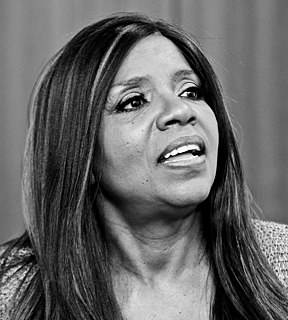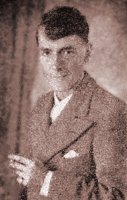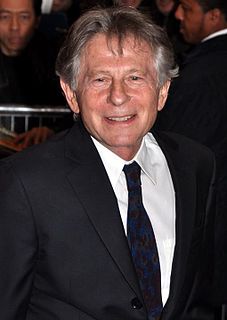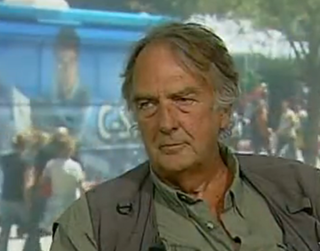A Quote by Ken Kesey
If grass were legalized, it would help our drug problem enormously.
Related Quotes
I'll get rid of the drug problem. The first drug dealer will be publicly executed in front of everybody and all of the sudden the rest of the drug dealers are going to go "Uh oh!" Watch how fast the drug problem disappears. If you use drugs, you're addicted and you steal something, you'll get sent off to the outback and to work camps and all of the sudden no drug addicts. See how simple that is? So simple.
America didn't have a drug problem before it passed drug laws. While drugs were consumed by large numbers of people — the number of women habituated to the opium found in laudanum was, no pun intended, staggering — they were, for the most part, easily able to live their lives, do their jobs, and raise their families pretty much the way we do today.
It is all a question of sensitiveness. Brute force and overbearing may make a terrific effect. But in the end, that which lives by delicate sensitiveness. If it were a question of brute force, not a single human baby would survive for a fortnight. It is the grass of the field, most frail of all things, that supports all life all the time. But for the green grass, no empire would rise, no man would eat bread: for grain is grass; and Hercules or Napoleon or Henry Ford would alike be denied existence.
Legalized drugs would cause dislocations in the US economy - the prison industry for example and tens of billions spent annually on drug enforcement. But because the US economy is so large, this would be a minor blow, hardly as severe as the ultimate nightmare for the US economy, global peace, which would shutter its death industry commonly called the military/industrial complex.
As the wealthiest country with all the blessings that we have, do we have an obligation to help the outside world? I think we do, as we have an obligation to help everyone within our own borders. The problem is that this automatically gets translated into: "What's the point of having a huge military if we can't bomb people?" That's the problem that I have. Our foreign policy is essentially our defense policy.
There is a safe, nontoxic drug called naloxone that can instantly reverse opioid overdose and prevent most of these deaths. But the drug war interferes with saving overdose victims in two ways: first, because witnesses to overdose fear prosecution, they often don't call for help until it's too late. Second, because the drug war supports the belief that making naloxone available over-the-counter or with opioid prescriptions would encourage drug use, the antidote is available only through harm reduction programs like needle exchanges or in some state programs aimed at drug users.
When I was first thinking about what would become Venture for America, I was trying to figure out how to solve a problem - that our top young people were being driven to roles that did not, to me, address the needs of our time. That VFA would be a non-profit just seemed like the most efficient way to solve the problem.







































